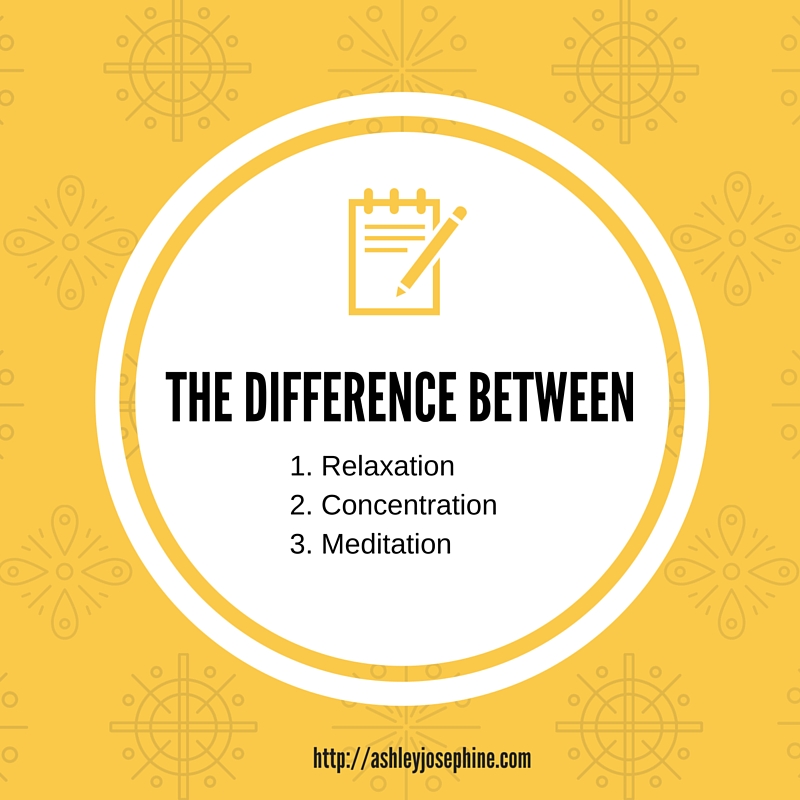Last week was a rough week for the United States. The killing of Alton Sterling and Philando Castile saddened me deeply, and the subsequent attack and killing of Dallas police officers only increased my despair.
Like many people, I wondered what can I do? As an educator of the teachings of yoga, I knew that I had a responsibility in my classes to speak up — not to share my opinion, but to teach from the texts of yoga how yogis deal with violence, pain, and suffering.
It was hard to speak about these topics in front of a group of people I don’t really know. It was emotional and vulnerable but I did it anyway because if we ignore what scares us then we’re not progressing.
I think it’s important we all listen and think and practice and act and speak in the way that feels right to each of us and in a way that does the least harm to ourselves and those around us.
And, I think it’s important that we ask questions.
But most of all, I wholeheartedly believe that it’s important we show up and practice what we value each day.
Today, I’d like to share with you the tool of Loving Kindness Meditation to cultivate compassion for yourself and for others. But before we get to the video, let me preface this whole Loving Kindness Meditation thing.
The Buddha and a Yogi walk into a…cave?
Because they wouldn’t walk into a bar, so I tried to be practical.
Anywho, Loving Kindness Meditation has gained a lot of popularity in the past decade or so, mainly as a tool of the mindfulness movement. Loving Kindness Meditation, also known as Metta Meditation has its roots in the Buddhist tradition. There is nothing about it that is religious, it’s merely a way to practice loving yourself and others. I can’t think of a religion that frowns down upon offering and receiving pure love, but I could be naive.
Because this is a Buddhist meditation practice, it is not traditionally used as a tool in yoga. In this day and age, what with globalization and all that, yogis have picked up the practice and started using it at the end of their classes, including me. It’s a nice practice, scientific research has shown that it helps develop the areas of the brain that help us feel compassion, and it fits in line generally with what yoga is all about.
So let me expound for a moment about the yoga connections.
What the Sutras have to say about compassion
First and foremost, a reminder lesson on what meditation is according to the yoga tradition. Meditation is a personal experience beyond words. It has no object, no mantra, no point of focus. It’s a realization of your true Self as part of the collective whole. Because this is how yogis view meditation, Loving Kindness Meditation from the Buddhist tradition can’t be considered “meditation” in the yogic sense of the word. Anything that has visualizations and mantra is keeping you stuck in the world of matter and not helping you get any closer to your true Self beyond the world of matter. The Loving Kindness Meditation practice does, however, help you feel calm and relaxed and really nice. So it has that going for it 😉
Hailing back to our beloved Sutras, which are scant on detail in terms of outlining specific practices for being a yogi, there are several verses that reference the cultivation of compassion.
I’ve quoted this verse before because it’s universal and one of my favorites.
Book 1, verse 33:
“In relationships, the mind becomes purified by cultivating feelings of friendliness towards those who are happy, compassion for those who are suffering, goodwill towards those who are virtuous, and indifference or neutrality towards those we perceive as wicked or evil.”
Here is the closest the Sutras offer to the format of the Buddhist Loving Kindness Meditation. This verse asks the yogi to extend goodwill, or at the very least neutrality, to everyone no matter how we perceive them to be. Mirror the happiness of others. Have compassion for those who are suffering, for they too need happiness in their lives. Be grateful to those who are naturally good. And for the bad apples, well, extend to them neutrality so as to let them know they too are seen. The difference here is that the Buddhist would probably say “I don’t care who is what, no matter who they are offer up feelings of kindness, love, wellbeing, and peace.” The yogi is a little more hard-ass about those who are perceived to be evil, but at least the yogis are clearly pointing out that this whole evil judgement is only your perception and may not be actually true.
In Book 2, verse 31:
“Showing respect for others without regard for social station, or for place, time, or circumstance in all spheres is universal.”
Now the yogis come around and are getting more on the same page with the Buddhists. At the very least, EVERYONE deserves to be respected. This begs the question, what is respect? If we go back to 1.33 we begin to understand that there is no place for negativity in our relationships with others. That’s tough love!
In Book 3, verse 24:
“By Samyama on friendliness (and the other attitudes of 1.33), there comes great strength of that attitude.”
Okay, this is actually pretty cool. Anyone who studies the Sutras seriously knows that once you get to Book 3, things get a bit weird. There is all this talk about developing super-yogic powers, like levitation and such, and it can get a bit black magicky. However, it’s pretty amazing that ancient yogis had the foresight to understand what science is only now just confirming. It seems so simple, and now it can be proven! It’s like that phrase, “What you resist persists.” What you focus on will grow. So if you REALLY focus on being friendly, you’ll actually become more friendly. And if you REALLY focus on being compassionate, you’ll become more compassionate. And if you REALLY practice not hating people who you think are evil, you’ll become less hateful. How cool is that!? (Samyama, if you recall, is the practice of focus, meditation, and surrender). One of the scientific studies on Loving Kindness Meditation (the link above details all of this) found that when participants practiced regularly over a long period of time (every day for 9 weeks in the study),
“
[t]he practice of LKM led to shifts in people’s daily experiences of a wide range of positive emotions, including love, joy, gratitude, contentment, hope, pride, interest, amusement and awe. These shifts in positive emotions took time to appear and were not large in magnitude, but over the course of nine weeks, they were linked to increases in a variety of personal resources, including mindful attention, self-acceptance, positive relationships with others and good physical health…They enabled people to become more satisfied with their lives and to experience fewer symptoms of depression.”So there you have it, the yogis and the Buddhists were on to something.
Just be kind
Is it anti-yogi to practice Loving Kindness Meditation because you’re a yogi and not a Buddhist? No. Just like you can be pro-Black Lives Matter AND pro-police, you can be a yogi and practice Loving Kindness Meditation or meditation techniques from other traditions. Just be wise that you do so consciously and respect where the practice comes from. Not educating yourself leads to ignorance and ignorance breeds suffering. And that’s a whole ‘nother blog post for another day.
Here’s my version of Loving Kindness Meditation:
May you all be happy, healthy, and at peace.
Namaste 🙂





